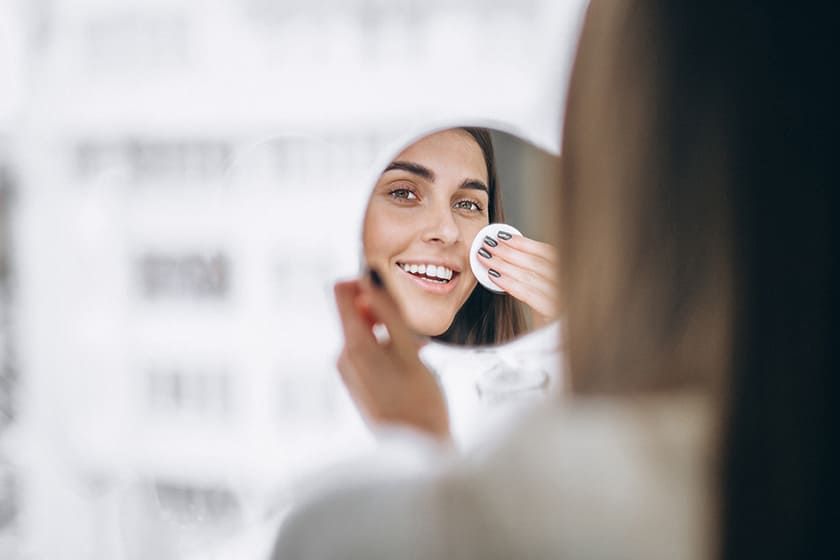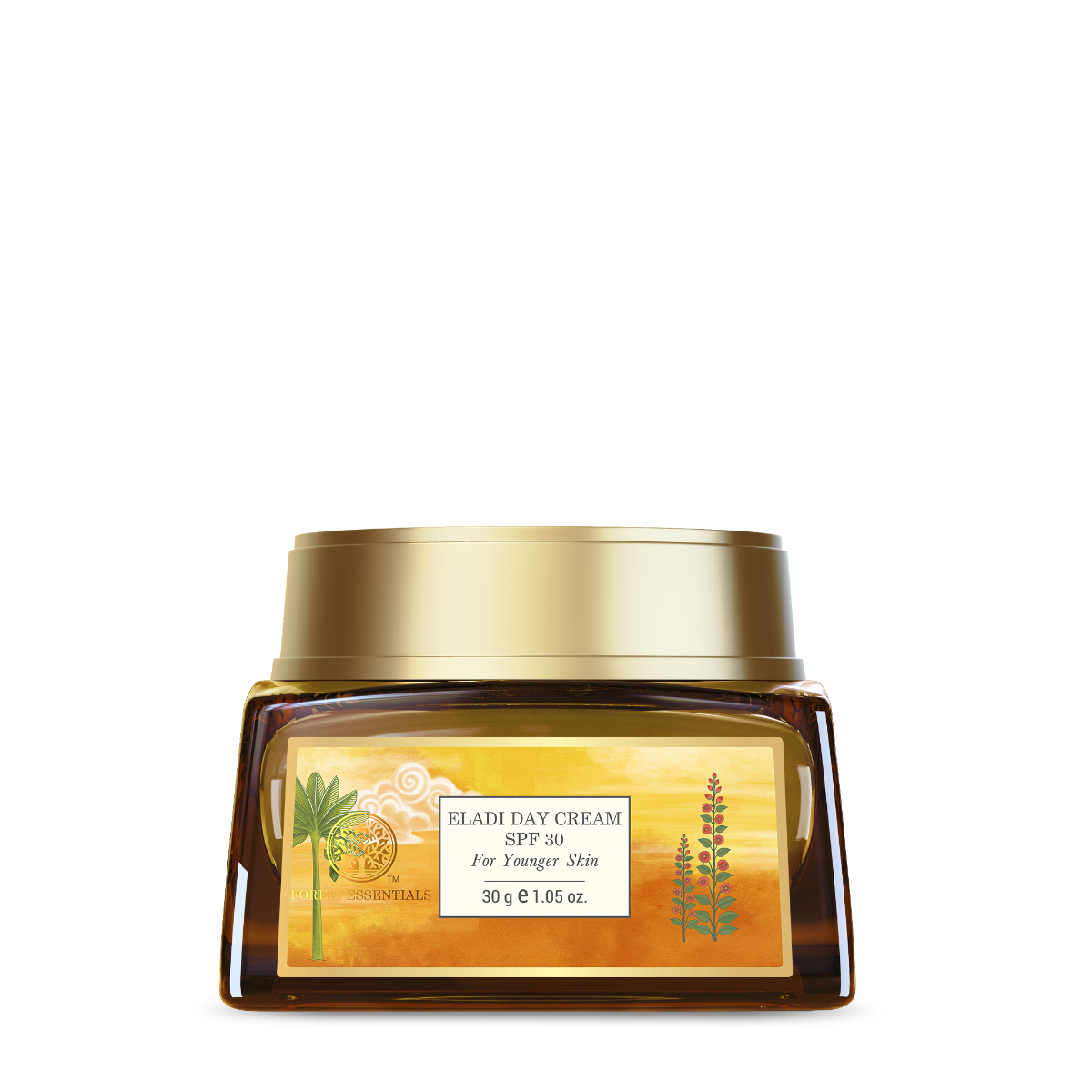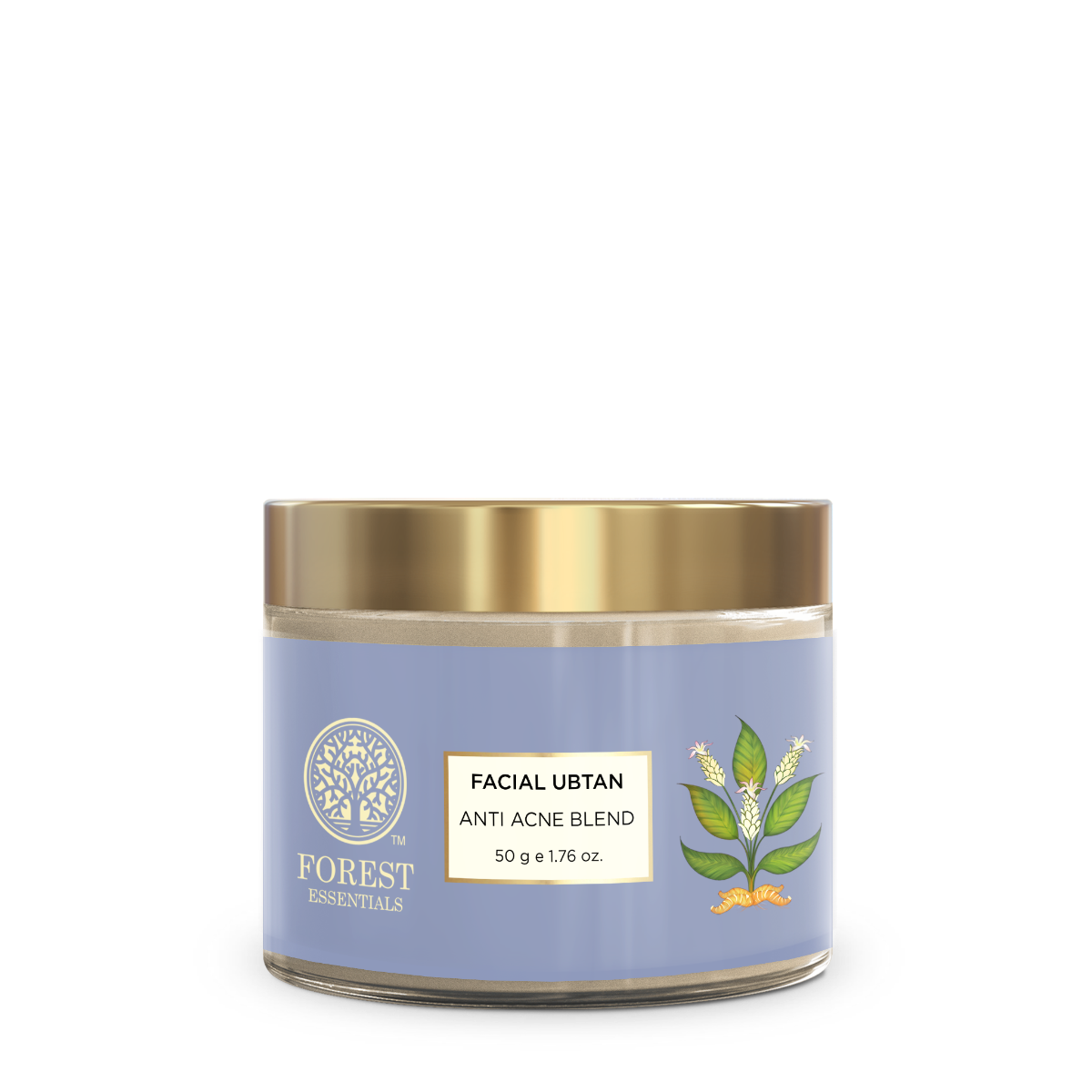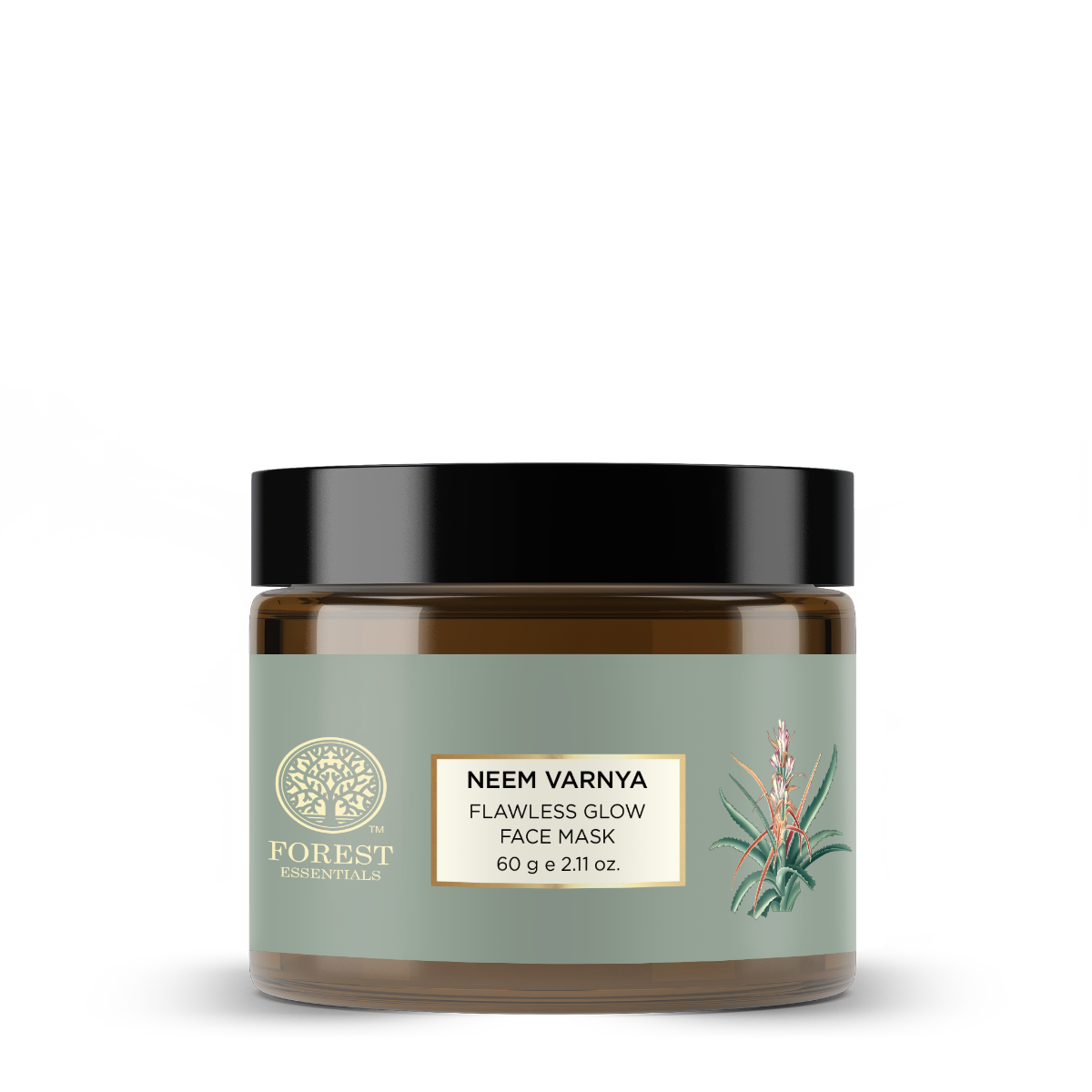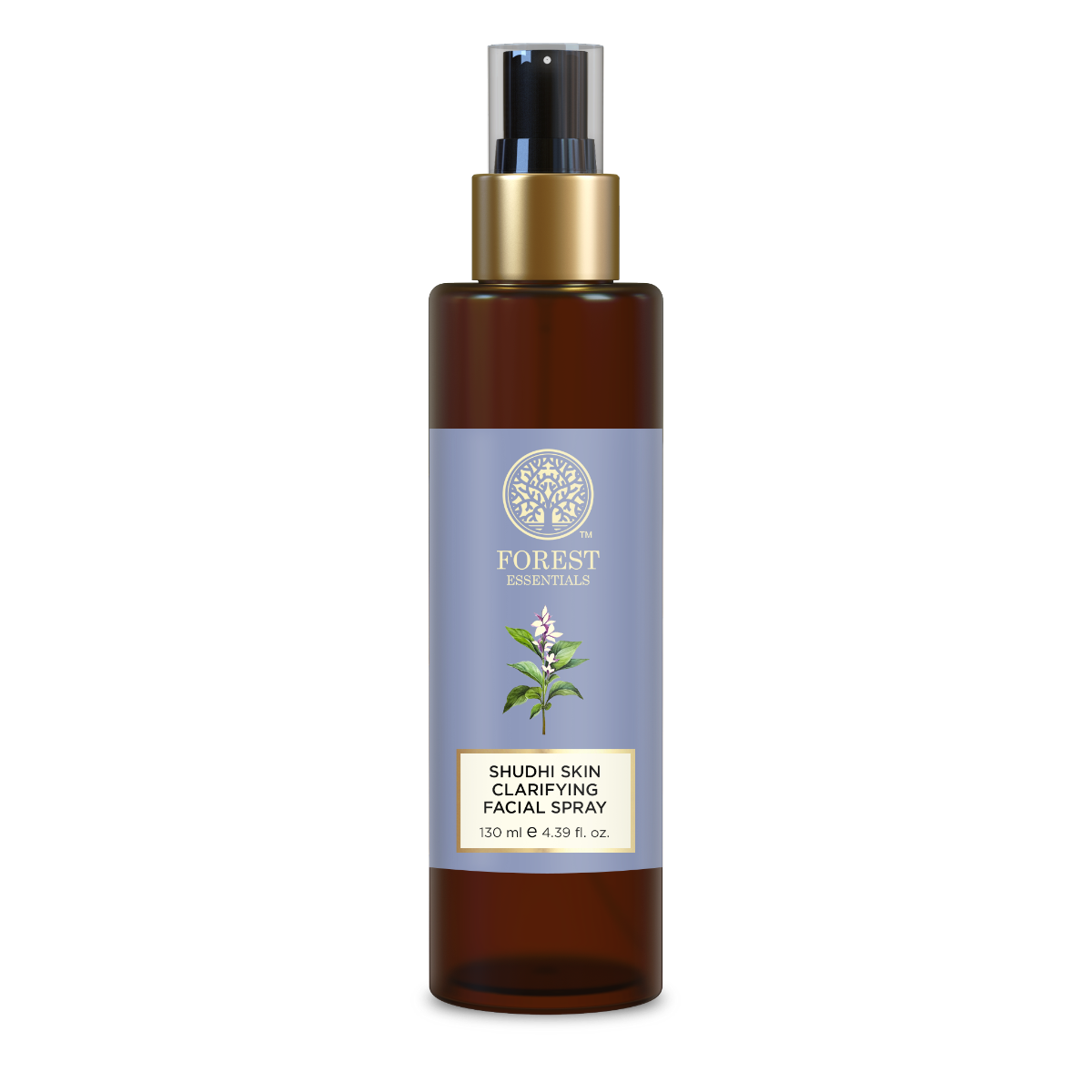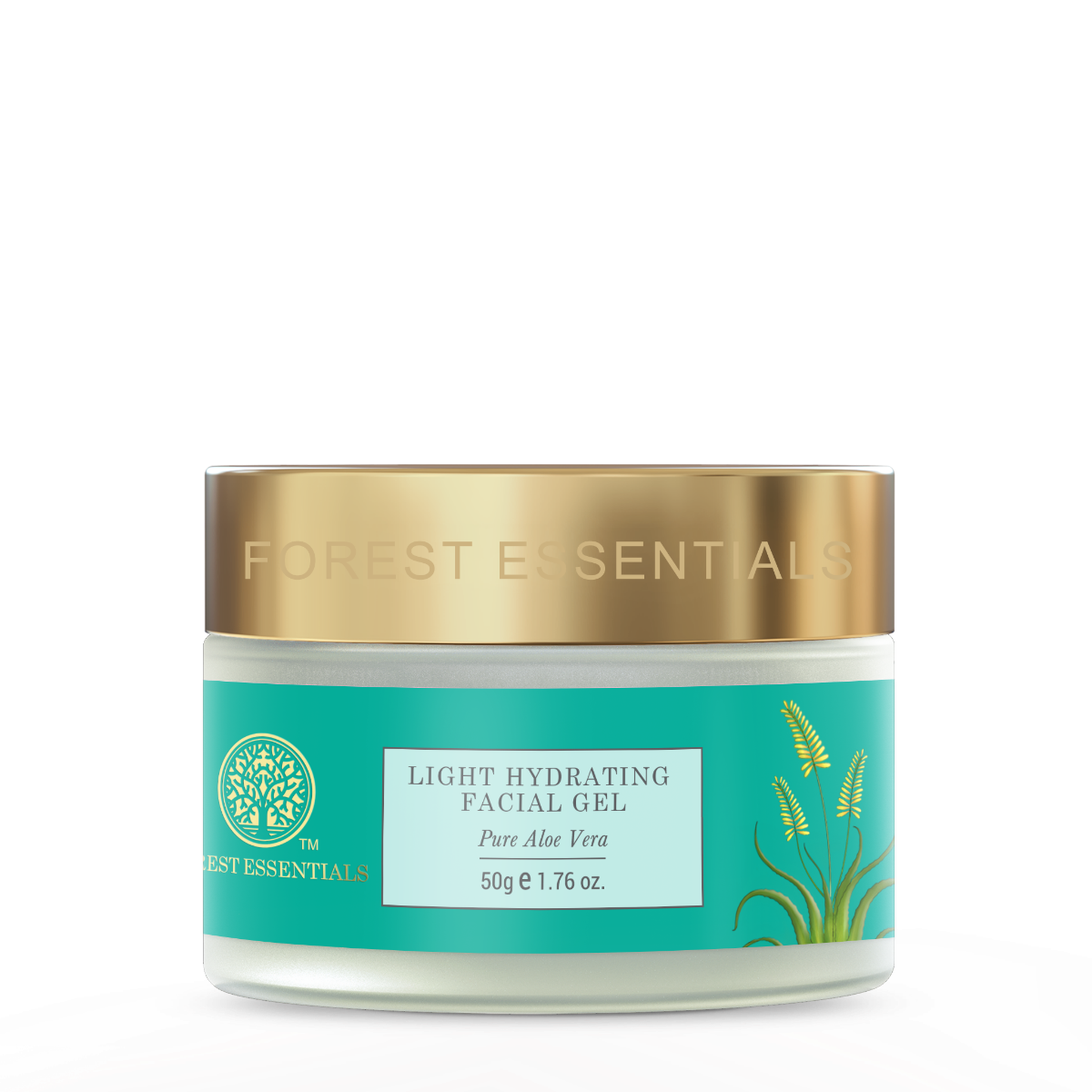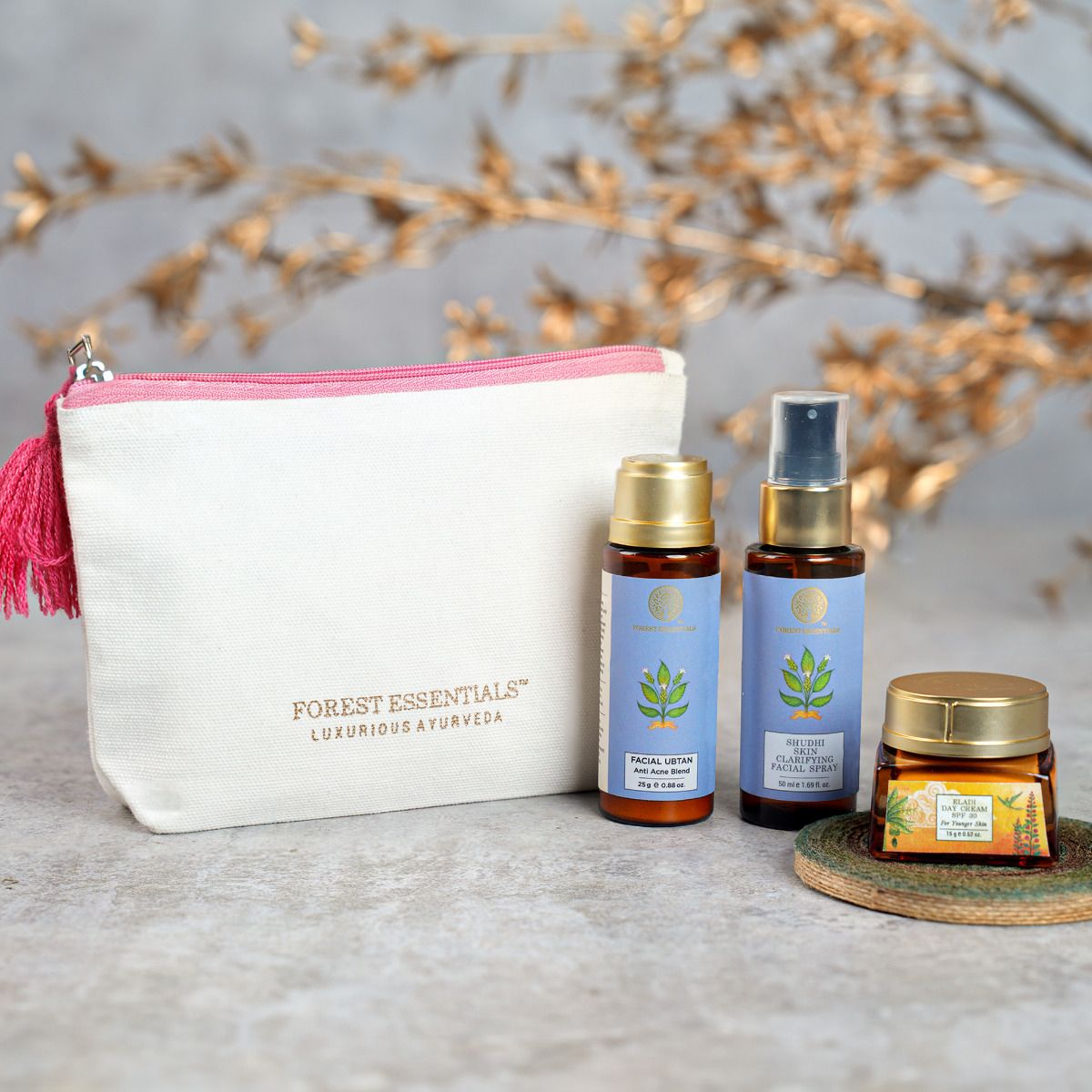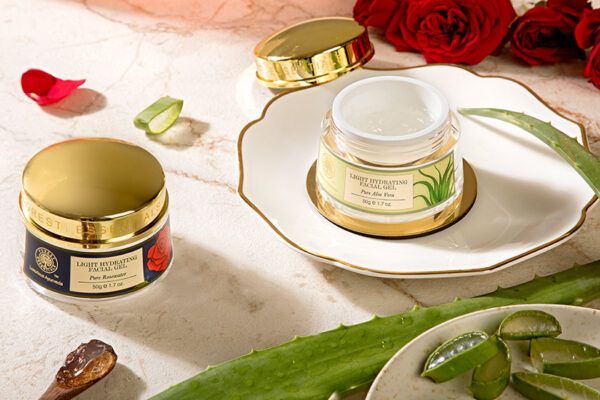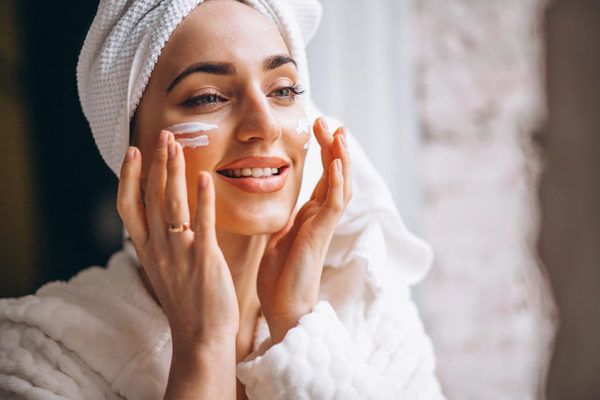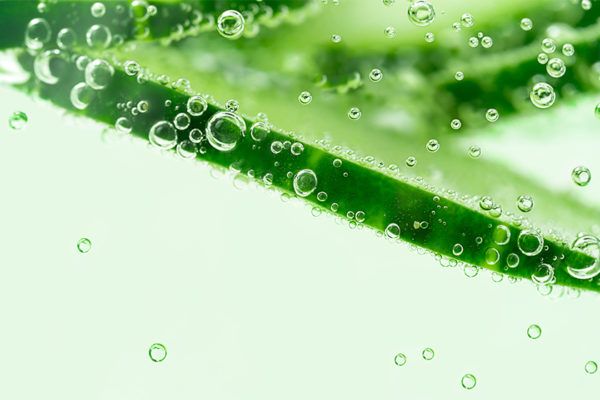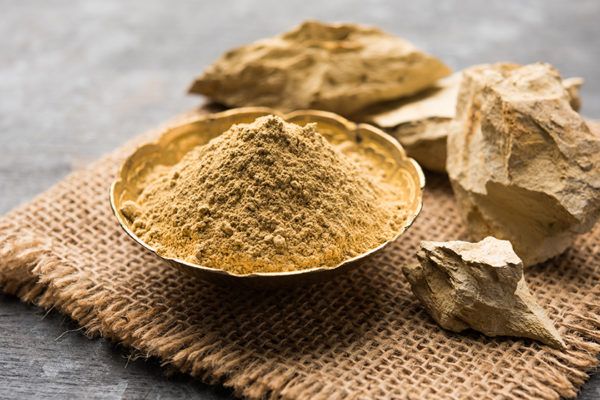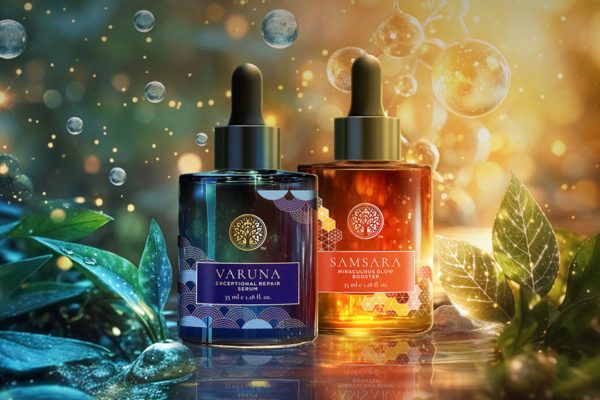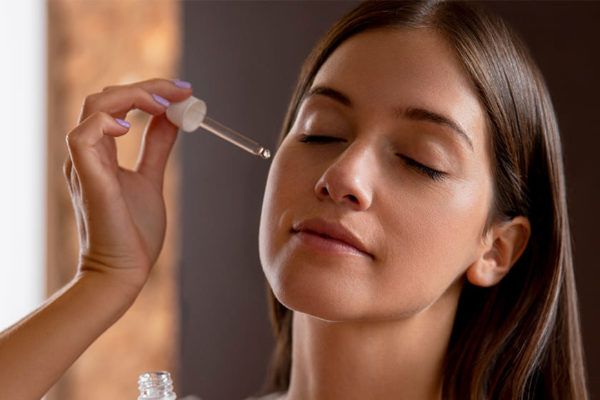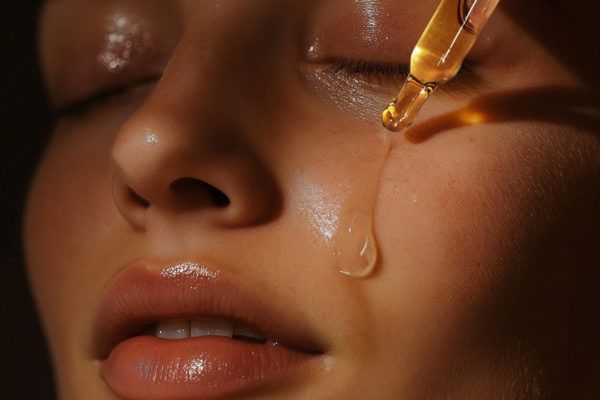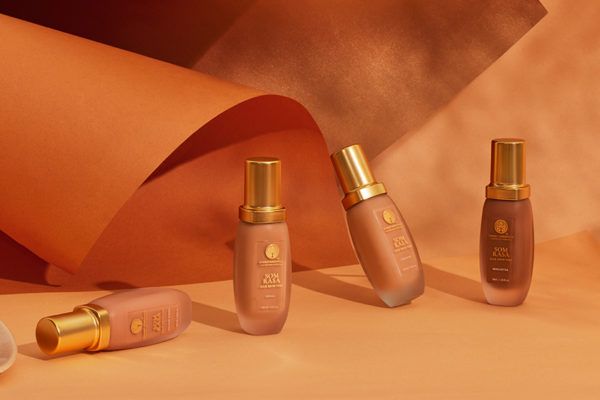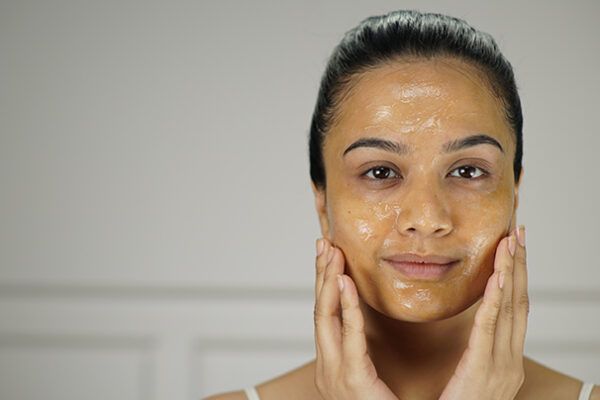Uneven skin tone, characterised by pesky dark spots, red patches, and persistent dullness, can feel like an uninvited guest at a party—it just shows up, sometimes out of nowhere, and decides to linger.
Several factors contribute to uneven skin tone, including sun exposure, genetic predisposition, hormonal changes, ageing, and inflammation. If you’ve been fretting over how to combat uneven skin tone, rest assured, you’re in the right place.
Join us as we delve into the causes, effects, remedies, and lifestyle changes needed to treat uneven skin tone. Here’s to achieving that glowing, even-toned skin we all dream of—because everyone deserves to feel confident and beautiful in their skin!
What is uneven skin tone?
Our skin tone is primarily influenced by the quantity of the pigment melanin present in the skin. However, when certain areas of your face begin to produce an excess amount of melanin compared to other areas, it results in a variation in skin colour. This can lead to the skin surrounding your mouth and eyes to appear darker than other regions of your face, a condition known as uneven skin tone.
The umbrella term ‘uneven skin tone’ can include:
Hyperpigmentation: Darkened areas or spots on the skin.
Redness: Caused by irritation, rosacea, or other skin conditions.
Textural inconsistencies: Such as rough patches or areas where the skin’s surface is not smooth.
Dullness: Lack of radiance or lustre, making the skin appear tired or aged.
It can also denote irregularities in skin texture, like dry spots, accumulation of dead skin, fine lines, or uneven colour. Such discrepancies in skin tone and texture could be the result of diminished skin health or damage due to factors like UV light exposure, pollution, or medication effects. You don’t have to worry, though. With our expert-curated guide, you can effectively address and keep these issues in check.
Causes of uneven skin tone
Uneven skin tone stems from a multitude of contributing factors. Gaining insight into these underlying causes is essential for identifying both prevention and treatment methods. Below, we’ve explained the key factors that contribute to an uneven skin tone.
Sun Exposure
The sun’s ultraviolet (UV) rays are a major contributor to skin damage, leading to an uneven complexion. When skin is exposed to UV light, it responds by producing melanin, the pigment responsible for skin colour, as a protective measure. However, excessive or uneven melanin production can cause sunspots or age spots, contributing to an uneven skin tone. Prolonged sun exposure without adequate protection accelerates this process, emphasising the importance of sunscreen in daily skincare routines.
Hormones
Hormonal fluctuations can significantly affect skin pigmentation. Conditions like melasma, also known as chloasma or the ‘mask of pregnancy’, manifest as dark, irregular patches primarily on the face. These changes are often prompted by pregnancy, oral contraceptives, or hormone therapy, which increase hormone levels and consequently, melanin production. Though it can fade over time, especially post-pregnancy or after stopping hormonal medication, managing melasma often requires targeted skincare treatments.
Pollution
Environmental pollutants, including fine dust, smoke, and chemical substances from industrial and traffic emissions, can penetrate the skin’s barrier. These particles can stimulate overproduction of melanin and cause oxidative stress in skin cells, leading to dark spots and an uneven complexion. The skin’s exposure to these pollutants over time underscores the necessity for antioxidants in skincare and regular cleansing to mitigate their impact.
Post-Inflammatory Hyperpigmentation
Scarring from acne lesions or skin injuries can lead to a darkening of the skin in affected areas. This form of hyperpigmentation leaves behind marks that contribute to an uneven skin tone.
Ageing
As the skin ages, it naturally undergoes changes that can lead to an uneven skin tone. Reduced cell turnover, loss of collagen, and accumulated sun damage over the years can result in age spots and pigmentation. Antioxidant-rich skincare products and treatments aimed at boosting cell renewal can help mitigate these effects.
Genetic Factors
Genetic predisposition plays a role in how susceptible an individual is to uneven skin tone. Some people may be more prone to hyperpigmentation or have a family history of conditions like melasma, indicating a genetic influence on how their skin responds to various triggers.
Products for uneven skin tone
Choosing the right products for an uneven skin tone can seem overwhelming but fret not, as we’ve meticulously curated a guide detailing the ingredients and actives to tackle issues like dark spots, redness, and dullness associated with uneven skin tones. On your next shopping spree, keep an eye out for products with these ingredients.
Key Ingredients to Look For

Vitamin C: not only brightens the complexion but also combats pigmentation, offering protection against environmental damage that can lead to uneven skin tones. We recommend incorporating our beloved Soundarya Radiance Cream, enriched with Vitamin C and prepared using Gold Bhasma, into your morning skincare routine for skin cell renewal and to delay signs of ageing.
Niacinamide: (Vitamin B3) addresses multiple concerns by reducing inflammation, minimising the appearance of skin dullness, and correcting discolouration for a more uniform complexion.

Bakuchiol, derived from the revered Ayurvedic herb Bakuchi, is celebrated for its remarkable ability to diminish pigmentation, detoxify, and rejuvenate the skin. By stimulating collagen production, it effectively enhances the skin’s elasticity and firmness, offering a youthful and radiant appearance. We suggest incorporating our Transformative Soundarya Night Cream, which enhances elasticity, promotes deep repair, and rejuvenates the skin, into your nighttime skincare routine.
Hydroquinone, recognised for its potent skin-lightening properties, targets hyperpigmentation effectively. However, its strength warrants cautious use under professional supervision to avoid adverse effects.
Alpha Hydroxy Acids (AHAs) exfoliate the skin’s outermost layer, sloughing away dead cells to unveil a brighter, evenly toned layer beneath.
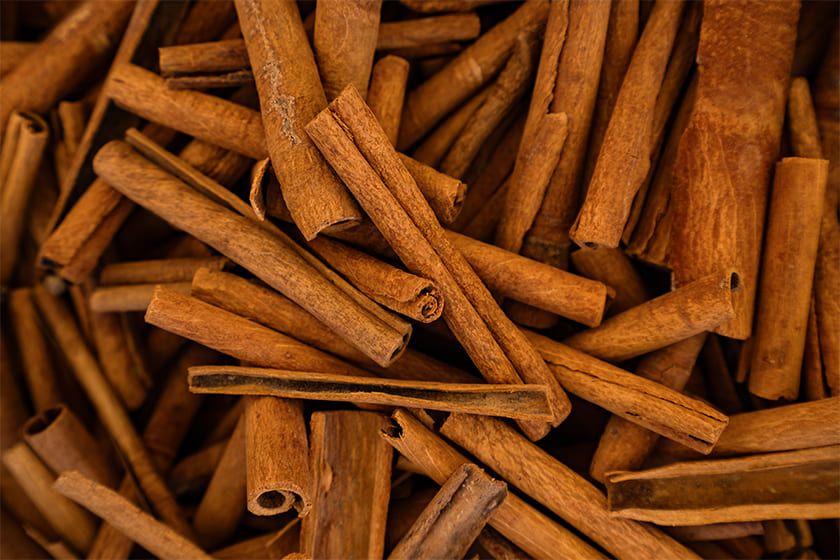
Liquorice Extract, celebrated for its calming effects and ability to mitigate uneven skin tones, soothes the skin while gradually improving the appearance of dark spots and discolouration. For your AM ritual, we suggest incorporating our Rasa Activating Serum which activates and rejuvenates your skin.
Home Remedies for Uneven Skin Tone
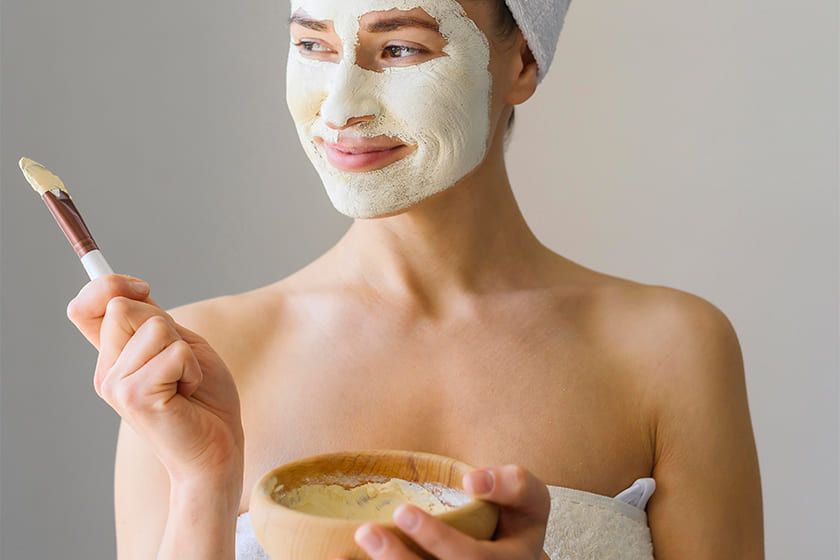
Oatmeal and Tomato Juice Mask
Ingredients:
- 1 tablespoon of oatmeal
- Fresh tomato juice (enough to create a paste)
Step 1: Begin by grinding the oatmeal to achieve a powdery consistency, ensuring it’s fine enough to blend smoothly with tomato juice without being abrasive on your skin. In a bowl, mix this oatmeal powder with fresh tomato juice, stirring continuously until you form a smooth, spreadable paste.
Step 2: Start by cleansing your face with a mild cleanser to remove any dirt and excess oils, and then pat dry. Apply the prepared oatmeal and tomato juice paste evenly across your face, avoiding the eye area, with clean fingers or a brush. Relax for 20 minutes, allowing the mask to exfoliate dead skin and lighten dark spots. Rinse with warm water, using circular motions to enhance exfoliation, and finish by patting your skin dry and applying a moisturiser to hydrate.
Incorporate this into your skincare routine 1-2 times a week for the best results.
Turmeric and Milk Paste
Ingredients:
- 1 teaspoon of turmeric powder
- Milk (Enough to create a paste)
Step 1: In a clean bowl, blend 1 teaspoon of turmeric powder with just enough milk to form a smooth, creamy paste. The lactic acid in the milk complements turmeric by gently exfoliating the skin, enhancing the brightening effects.
Step 2: Start by cleansing your face with a mild cleanser to ensure it’s free from impurities, then pat dry. Apply the turmeric and milk paste evenly across your face, avoiding the eye area, and let it sit for 15 minutes to allow the turmeric’s anti-inflammatory and antioxidant properties to address hyperpigmentation. Rinse off thoroughly with lukewarm water, using circular motions to help exfoliate. Finish by drying your face gently and applying a hydrating moisturiser to lock in moisture and the mask’s benefits. Incorporate this routine 1-2 times weekly for the best results.
FAQs
What is an uneven skin tone?
An uneven skin tone, often known as hyperpigmentation, refers to areas of the skin that become darker than the surrounding areas. This can manifest in the form of dark spots, patches, or overall changes in the skin’s colour. The condition typically results from of an excess production of melanin, the pigment that gives skin its colour. However, various factors can trigger this overproduction, including exposure to the sun, hormonal changes, age, skin injuries, and inflammation.
How to get rid of uneven skin tone?
To address uneven skin tone, begin by incorporating a skincare regimen that includes products with active ingredients like Vitamin C, Niacinamide, and AHAs, which help to brighten and even out the skin’s appearance. Regular use of sunscreen is crucial to protect the skin from further UV damage, a common cause of hyperpigmentation. Moreover, embracing a healthy lifestyle, characterised by a well-rounded diet and sufficient water intake, will improve skin health and enhance its overall look. If you are facing any specific concerns, it’s advisable to consult a dermatologist for a professional opinion.
How to improve skin tone?
To improve skin tone, it’s essential to adopt a holistic skincare and lifestyle approach. Begin with a consistent skincare routine tailored to your skin’s needs, focusing on cleansing, moisturising, and applying targeted treatments with ingredients like Vitamin C, Niacinamide, and exfoliating acids. Protecting your skin from sun exposure with a high SPF sunscreen is crucial, as UV rays can damage the skin and lead to uneven tone. A balanced diet rich in antioxidants, adequate hydration, and regular exercise also play a significant role in enhancing your skin’s health and appearance.
How long does it take to fix uneven skin tone?
The time it takes to fix uneven skin tone can vary widely depending on the cause and severity of the discolouration, as well as the effectiveness of the treatment approach. Some may notice improvements within a few weeks, while others might need several months to see a significant change. It’s important to maintain your skincare routine and healthy lifestyle choices. For persistent cases, consulting a dermatologist for specialised treatments is advisable.



